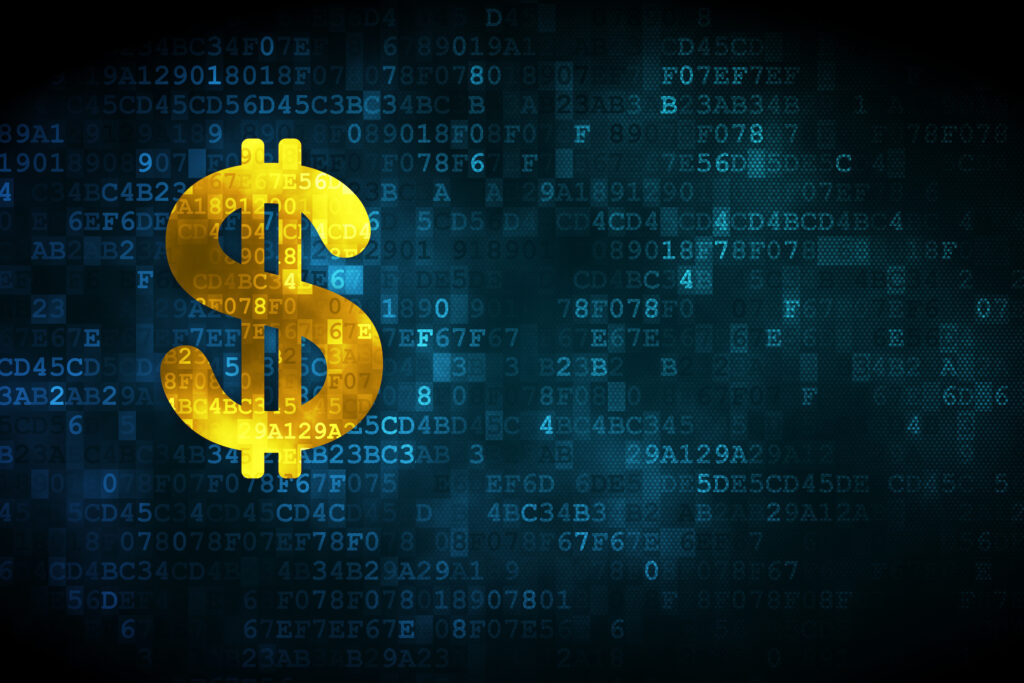Patrick Iturra, Asset/Investment Manager & Consulting May 3, 2023
De-dollarization is underway, and a digital dollar is needed.
Circle CEO Jeremy Allaire warns that de-dollarization efforts are underway across the globe, making it imperative for the US to adopt a digital dollar (USDC). To this end, Congress is considering the Stablecoin Bill, which aims to regulate digital currencies like stablecoins. In this article, we’ll explore the need for a digital dollar and stablecoin bill and why Circle CEO believes Congress must pass the bill to make the greenback more competitive.
The challenge of de-dollarization
Allaire’s comments come when many countries seek to reduce their dependence on the US dollar, which has dominated the world’s currency for decades. The US dollar faces increasing competition from other currencies, so the need for a digital dollar has become urgent. Using stablecoins, digital currencies pegged to the value of a fiat currency, could be one way to address this challenge.
De-dollarization efforts around the world
Several countries have recently taken steps to reduce their reliance on the US dollar. For example, China has been promoting the use of the yuan in international trade and investment. The European Union has also been exploring ways to strengthen the euro’s role in the global economy. These efforts could have significant implications for the US dollar, which could lose its status as the world’s reserve currency.
The need for a competitive greenback
The US government must make the greenback more competitive to counter these de-dollarization efforts. One way to do this is by embracing digital currencies like stablecoins. However, using stablecoins raises several regulatory and legal issues that require addressing.
Learn more about: BRICS Potential New Members and De-Dollarization: Implications for Global Trade
Regulatory and legal issues
Currently, Congress is considering a bill that would give the Federal Reserve more power over stablecoins. The Stablecoin Tethering and Bank Licensing Enforcement (STABLE) Act would require stablecoin issuers to obtain a banking charter and comply with banking regulations. It would also prohibit stablecoin issuers from lending or investing their reserve funds.
Mixed Reactions to the STABLE Act
The STABLE Act has received mixed reactions from the industry. Some argue that the bill would stifle innovation and harm the growth of the stablecoin market. Others believe the bill is necessary to protect consumers and ensure financial stability.
The importance of a regulatory framework for stablecoins
As an Asset Manager, I believe a regulatory framework for stablecoins is necessary to ensure they are safe, transparent, and compliant with the law. The STABLE Act could be a step in the right direction, but it requires careful crafting to avoid unintended consequences.
Conclusion
In conclusion, de-dollarization is a significant challenge for the global economy, and the US needs to take steps to make the greenback more competitive. The use of stablecoins could be one way to address this challenge, but it needs to be done in a way that is safe, transparent, and compliant with the law. The STABLE Act is a step in the right direction, but it needs careful crafting to ensure it achieves its objectives without harming innovation and growth in the stablecoin market.
Business development is the ideas, initiatives, and activities that help improve a business. My experience results in your business’s increased revenue, expansion, and profitability by building strategic partnerships and making strategic business decisions.
“I don’t sell houses. I grow your Assets” –Patrick Iturra, Asset/Alternative Investment & Management.






